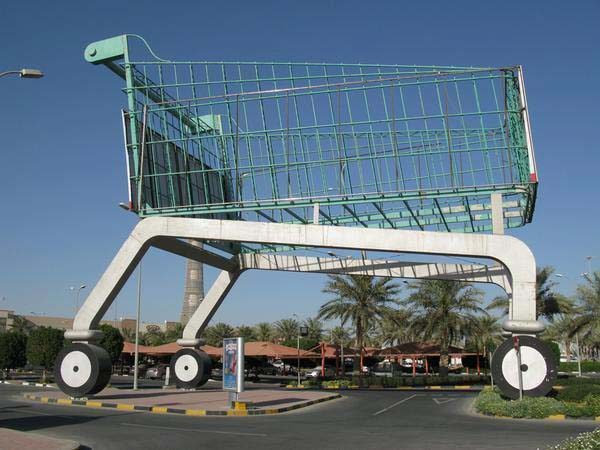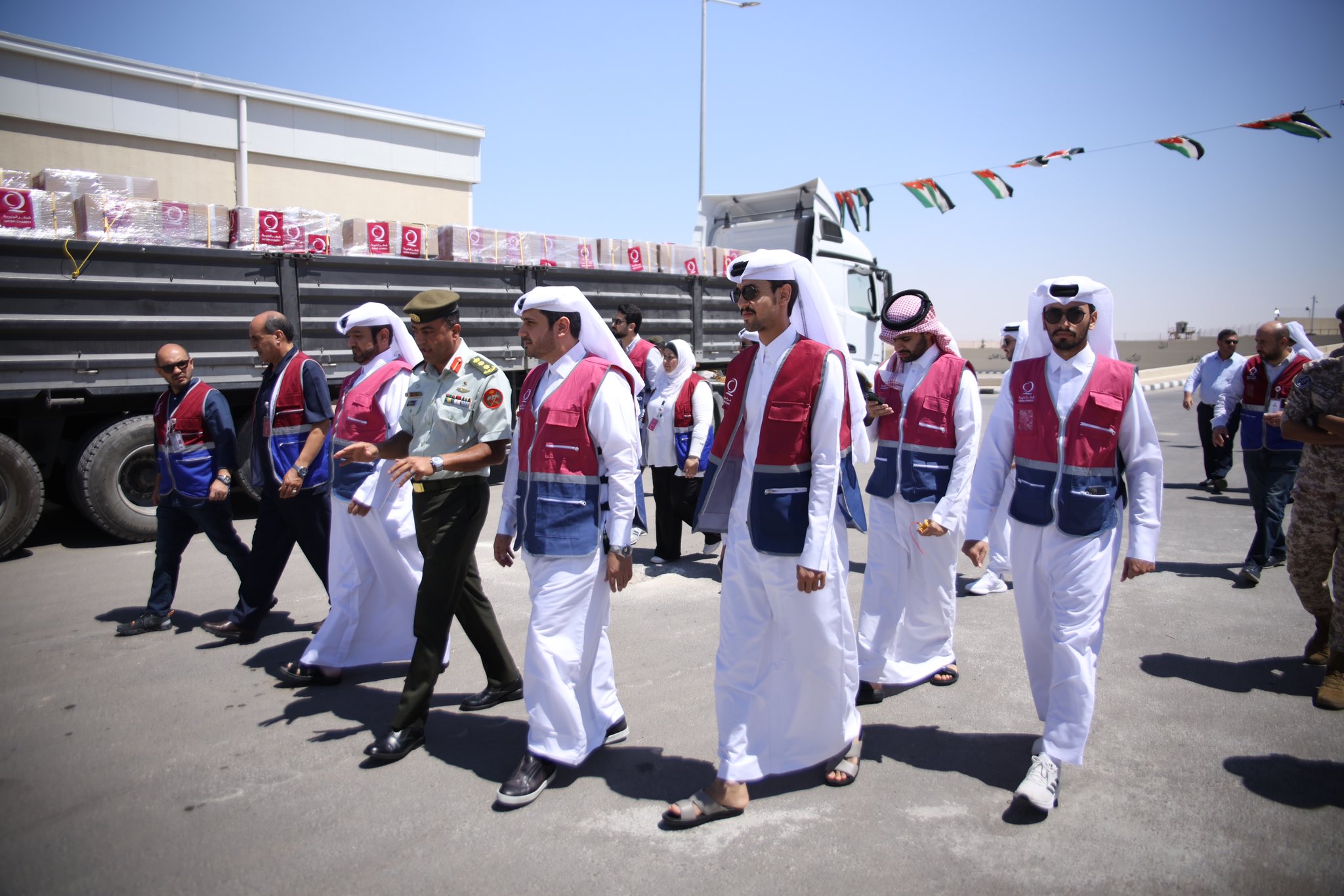
More meat, fruit and organic foods are landing in shopping carts across Qatar as residents develop a greater appetite for pricey and healthy fare from supermarkets, a new study has found.
Financial advisory firm Alpen Capital recently released a report on the GCC food industry that found Qatar residents spent US$11 billion (QR40.4 billion) on food in 2014, up 13.1 percent over the previous year.

The country consumed some 1.4 million metric tonnes of food in 2012 (the most recent year for which such statistics are available), or the equivalent of 7,600kg per resident. That’s up from one million metric tonnes – the equivalent weight of some 1.84 million cows – in 2006 and is expected to climb to 2.2 million metric tonnes by 2019, the fastest growth rate in the GCC.
According to the report, the nation’s rapidly rising population and growing number of tourists are two major reasons why demand for food in Qatar keeps increasing.
And at the same time, the country’s young, wealthy, urban – and increasingly obese – population also appear to be altering their shopping and eating habits.
This means residents are buying more packaged food from supermarket chains, the report says.
It also means that consumers have more money to spend on pricier food items such as meat and fruit, respective consumption of which grew at 19.6 percent and 9.1 percent annually between 2006-12, Alpen Capital said.
On the other hand, the increasing prevalence of obesity and related ailments such as diabetes and cardiovascular disease in Qatar and across the GCC also means more consumers are looking to improve their diet, the report’s authors added.
“High health awareness and a developing taste for a westernized diet, introduced by the increasing expatriate population, are bringing about a change in the region’s dietary habits, creating demand for organic and international foods,” Rohit Walia, Alpen Capital’s executive chairman, said in the report.
Stocking up
Qatar’s severe water shortage and lack of farmable land means that the country’s rising demand for food must be met primarily through imports.
This leaves the country’s consumers vulnerable to sharp swings in global food prices and supply disruptions.
Alpen Capital said Qatar currently faces a supply shortage of poultry, something shoppers most recently saw first-hand earlier this year when fresh chicken all but disappeared from grocery store shelves.

In a bid to boost its domestic supply of poultry and eggs, Qatar had planned to construct a new 5.7-square-kilometer mega-farm, but subsequently put its plans to publicly finance the project on hold earlier this year.
However, last month, government officials indicated that private investors could still bid on the license to operate the facility.
In the meantime, the country has looked to source new supplies of poultry from Portugal and, more recently, Russia.
While Qatar is looking to boost its domestic food production, the high financial and environmental cost of desalinating water can make growing crops and raising livestock an expensive proposition.
As an alternative, officials in Qatar and other GCC countries are also making investments and buying up farmland abroad as a way of boosting their food security.

But there’s still interest in increasing the supply of food grown – or caught – close to home. Various fish farms and aquaculture research projects have been proposed in recent years to protect Qatar’s dwindling fish stocks.
Meanwhile, Qatar has expanded the number of seasonal farmer’s markets selling locally grown produce. And Alpen Capital says that across the region, agricultural experts are experimenting with hydroponic growing techniques that produce fresh herbs and vegetables that use a fraction of the water as traditional farming methods.
Thoughts?







